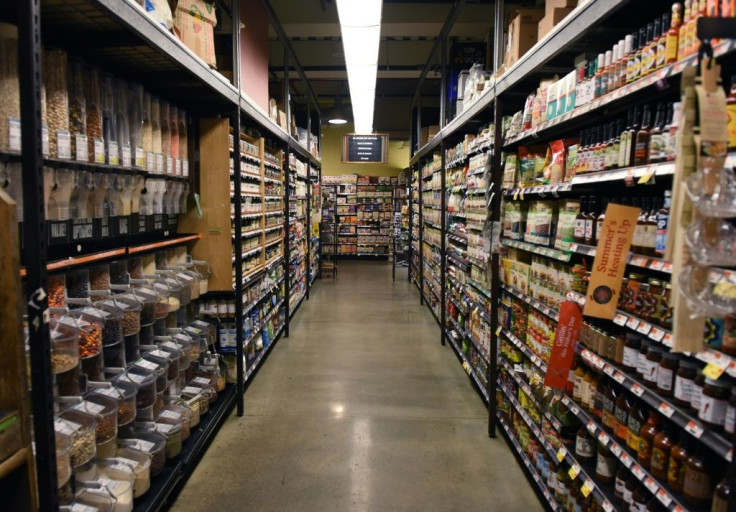Has The Global Recession Started? Morgan Stanley, Goldman Sachs Issue Reassessments

KEY POINTS
- The reassessment was triggered by indications China's economy could contract 9% as a result of the corona virus
- Morgan Stanley and Goldman Sachs are predicting U.S. economic growth for 2020 could vanish
- The Trump administration is expected to seek an $850 billion economic stimulus package
Economists at Morgan Stanley and Goldman Sachs have shot down hopes a global recession triggered by the coronavirus could be avoided, conceding the disruption of commerce and social life already has triggered the first worldwide downturn since the Great Recession. The only question is how bad it will be.
Growth already had been predicted to be sluggish before the pandemic hit. The reassessment, in part, was due to indications China’s economy was harder hit than first thought and could contract as much as 9% this year.
Goldman predicted U.S. economic growth in the first quarter will come to a standstill, shrink 5% in the second quarter, but then rebound in the second half of the year, growing 3% in the third quarter and 4% in the fourth quarter. The rebound, however, will be dependent on whether the spread of the virus wanes.
"The uncertainty around all these numbers is much greater than normal," the Goldman economists said.
“While the policy response will provide downside protection, the underlying damage from both COVID-19’s impact and tighter financial conditions will deliver a material shock to the global economy,” Morgan Stanley’s economists said.
The hardest hit businesses will include travel, entertainment and restaurants, the forecast said, as across the country restaurants have been ordered to close their dining rooms and operate as take-out only, and people have been advised to stay home. Factories, schools and retailers also are closing.
With stock markets in freefall and actions by the U.S. Federal Reserve and other central banks having little effect on investor attitude, President Trump for the first time acknowledged Monday the virus could tip the U.S. into recession but said he didn’t expect it to last long, resulting in pent-up demand.
However, a pandemic-driven recession could behave differently than other downturns, with the usual playbook useless for pulling the economy out. Past recessions, MarketsInsider noted, have resulted from a sharp drop in consumer spending, which reduced corporate profits, leading to job cuts that slowed purchasing further. This time, life came to a virtual halt in China, the epicenter of the outbreak, once authorities took action to stem the spread of the contagion, closing factories and disrupting the supply chain.
In the meantime, the Trump administration was expected to seek an $850 billion economic stimulus package to cushion the economy. Treasury Secretary Steven Mnuchin was expected to present the proposals to Senate Republicans as the chamber worked on the $100 billion emergency aid package passed by the House last week that included paid sick leave, expanded unemployment benefits, free coronavirus testing and foot stamps.
The administration plan was expected to include aid to the airlines, which asked for $50 billion in help Monday. Trump also has been pushing for a suspension in payroll taxes to ease the financial burden on both employers and employees.
Congress earlier approved $8.3 billion in emergency spending to fund public health programs.
© Copyright IBTimes 2024. All rights reserved.






















